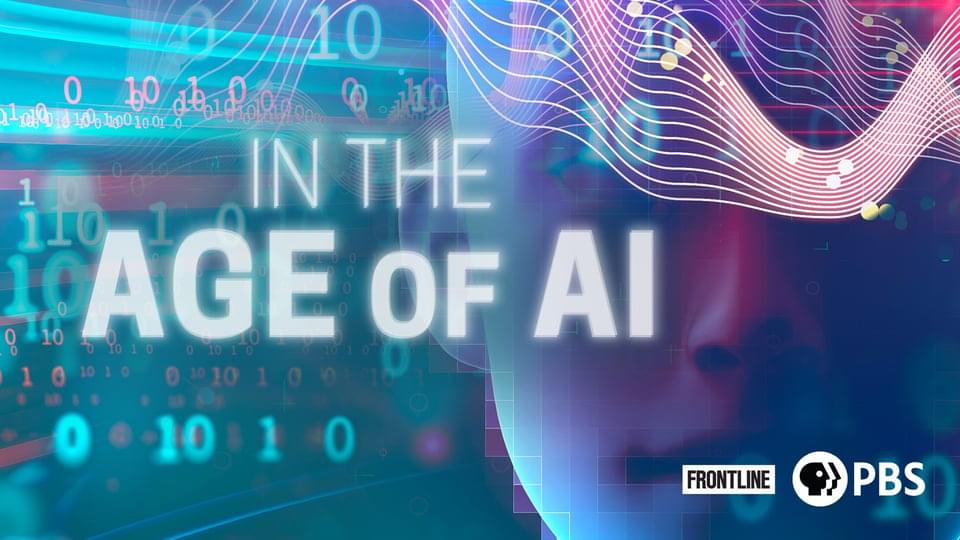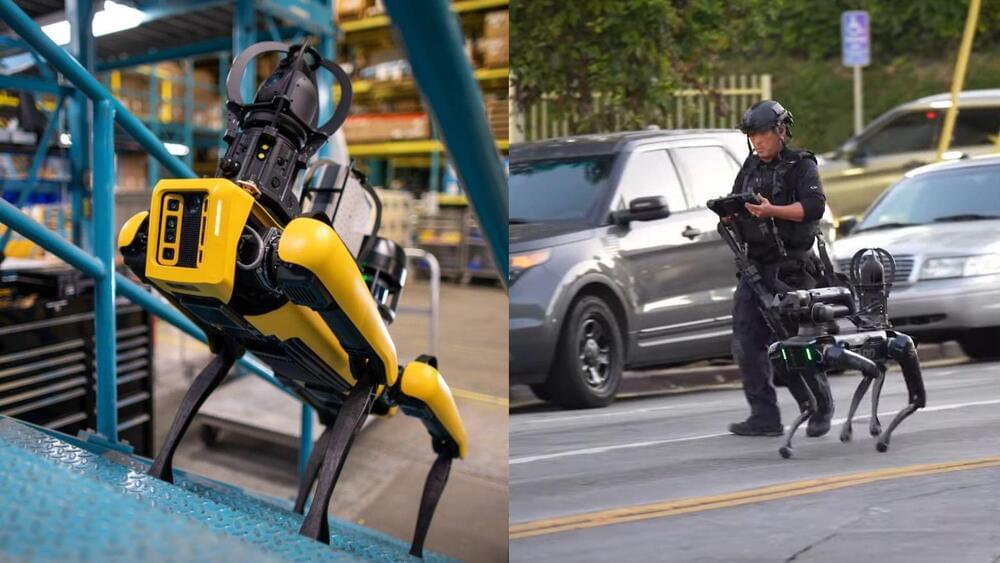Computer science professor Fernanda Viégas believes “dashboards” that disclose AI models’ biases can help laypeople control AI.




How many years will pass before transformative AI is built? Three people who have thought about this question a lot are Ajeya Cotra from Open Philanthropy, Daniel Kokotajlo from OpenAI and Ege Erdil from Epoch. Despite each spending hundreds of hours investigating this question, they still still disagree substantially about the relevant timescales. For instance, here are their median timelines for one operationalization of transformative AI:
You can see the strength of their disagreements in the graphs below, where they give very different probability distributions over two questions relating to AGI development.
So I invited them to have a conversation about where their disagreements lie, sitting down for 3 hours to have a written dialogue. You can read the discussion below, which I personally found quite valuable.

I discovered this service through my public library and the Libby app. It also works through a university if you’re a student. Here is a documentary on AI, one of our favorite subjects or at least mine, and the rivalry been the USA and China.
FRONTLINE examines the promise and perils of artificial intelligence (AI); from fears about work and privacy to rivalry between the US and China.

This is not a networking terminology but quite literally the vegetable grown using 5G technology.
Telia.
5G is the latest generation of mobile telephony commercially available and has been touted as a game changer in various fields. This service’s use cases that provide high-speed internet with low latency extend from medicine to gaming and entertainment to manufacturing.

The robot dog that helped the LAPD end the standoff on Wednesday was one of the controversial devices that the Los Angeles City Council had approved for use by the police department earlier this year.
Boston Dynamics/ ONSCENE TV
The incident began around 3:45 am on Wednesday when a fellow passenger spotted a gun at the feet of a man who seemed to be asleep on the bus, the Los Angeles Police Department said.


“I SEE IT AS TAKING BACK SOME OF THE POWER THAT’S BEEN CEDED TO THE COMPANIES OVER THE YEARS.”
Applying for a job has always been a frustrating task, and employers getting deluged with a huge number of online applications is making the process more painful than ever.
Software engineer Julian Joseph applied to 5,000 jobs using an AI tool called LazyApply. He got 20 interviews.


It’s no secret that foundation models have transformed AI in the digital world. Large language models (LLMs) like ChatGPT, LLaMA, and Bard revolutionized AI for language. While OpenAI’s GPT models aren’t the only large language model available, they have achieved the most mainstream recognition for taking text and image inputs and delivering human-like responses — even with some tasks requiring complex problem-solving and advanced reasoning.
ChatGPT’s viral and widespread adoption has largely shaped how society understands this new moment for artificial intelligence.
The next advancement that will define AI for generations is robotics. Building AI-powered robots that can learn how to interact with the physical world will enhance all forms of repetitive work in sectors ranging from logistics, transportation, and manufacturing to retail, agriculture, and even healthcare. It will also unlock as many efficiencies in the physical world as we’ve seen in the digital world over the past few decades.